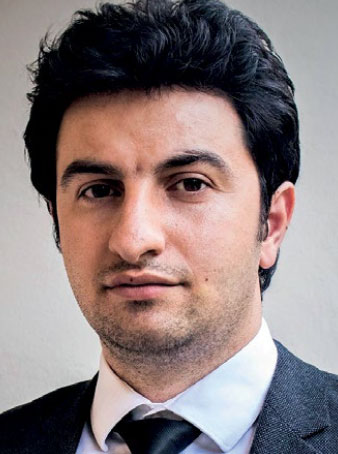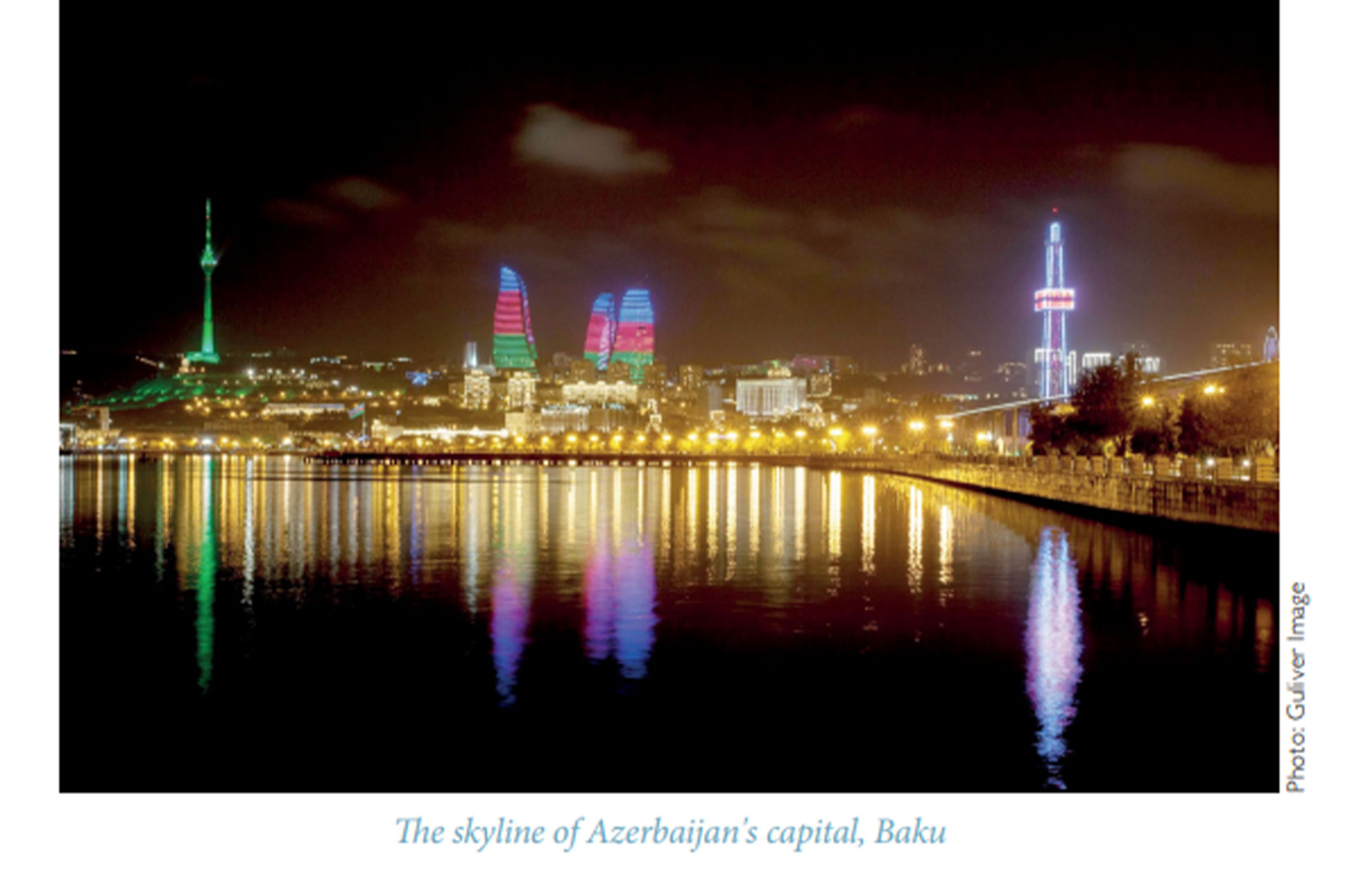 Dr. Vasif Huseynov is head of the Western Studies Department at the Center for Analysis of International Relations (AIR Center) and adjunct lecturer at Khazar University in Baku, Azerbaijan. You may follow him on Twitter @HuseynovVasif.
Dr. Vasif Huseynov is head of the Western Studies Department at the Center for Analysis of International Relations (AIR Center) and adjunct lecturer at Khazar University in Baku, Azerbaijan. You may follow him on Twitter @HuseynovVasif.
ENERGY has been one of the major pillars of EU-Azerbaijani relations since the latter’s independence in the early 1990s. Situated in the South Caucasus, at the coast of the Caspian Sea, Azerbaijan is a country with rich hydrocarbon resources, and one with great potential to produce and export renewable energy, particularly electricity. Azerbaijan’s proven natural gas reserves amount to no less than 2.6 trillion cubic meters, which is sufficient for the country to be able to export natural gas to Europe for the next 100 years. Already exporting oil to the European market since the late 1990s, Azerbaijan started natural gas exports to the same market in December 2020, having completed the Southern Gas Corridor (SGC)—a project worth $33 billion. The established European importers of Azerbaijani gas include Türkiye, Italy, Greece, Bulgaria, Romania, while a few other states in Eastern Europe are expected to soon join this list.

The Ukraine war opened a new chapter in energy cooperation between Azerbaijan and the EU. Along with the agreement to increase natural gas exports from its volume of 12 billion cubic meters (bcm) in 2022 to more than 20 bcm by 2027, the parties also agreed on the electricity exports from Azerbaijan to the European continent. The war also revealed the importance of the Trans-Caspian International Transportation Route, also known as the “Middle Corridor,” connecting Europe and Asia and providing an alternative to the Trans-Russia route. These and other developments in Azerbaijani-EU relations carry implications for their future partnership across a variety of fields—particularly in the context of Russia’s war against Ukraine. Azerbaijan has so far been the only post-Soviet country in Eastern Europe and the South Caucasus to have successfully maintained balance between the West and Russia. Moreover, it embarked on a number of strategic projects with the EU without causing a backlash from its northern neighbor.







